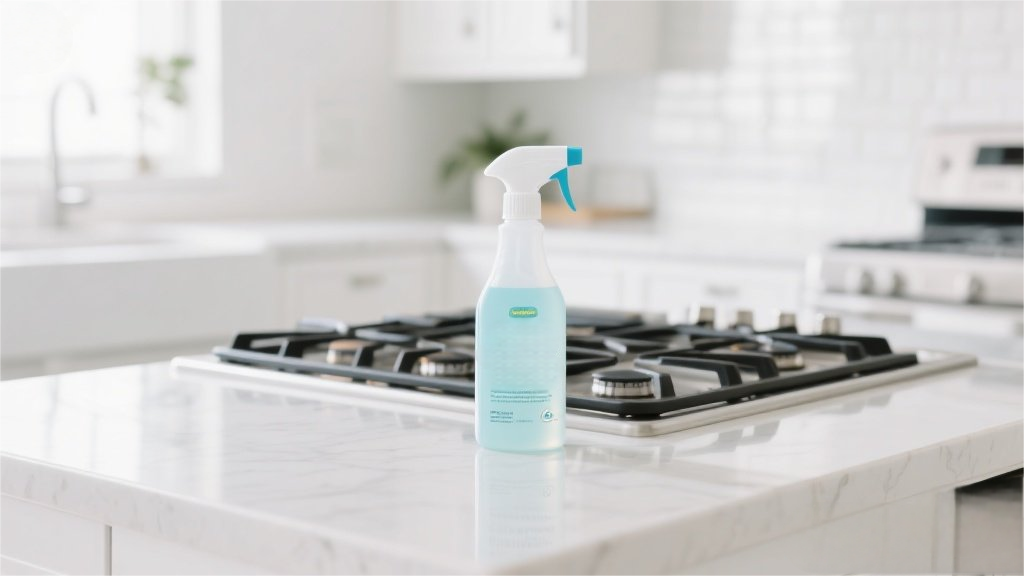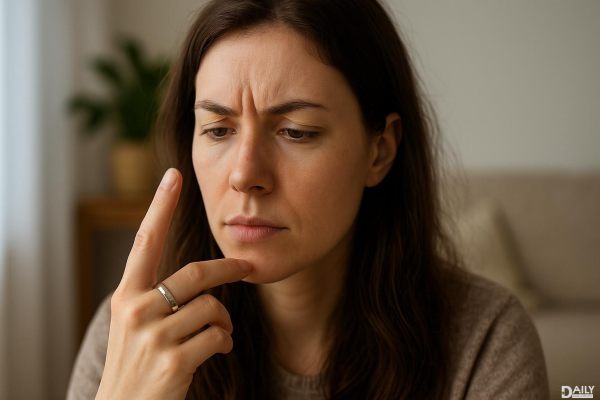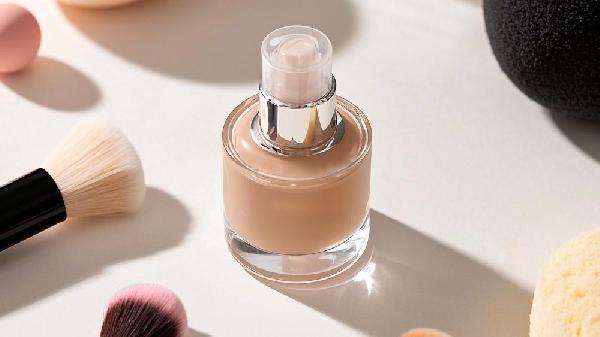We’ve all been there—lying wide awake at 2 a.m., staring at the ceiling, wondering why sleep feels like a distant memory. But while the occasional sleepless night is just part of life, actual insomnia is a whole different beast. If you’re constantly dragging yourself through the day, relying on caffeine to function, and feeling like a zombie by noon, it might be time to ask: Is this more than just bad sleep? Real insomnia isn’t just inconvenient; it’s a medical condition that can mess with your mood, focus, and even your long-term health. So how do you know when your restless nights cross the line into something more serious? Let’s break it down.
What Exactly Is Insomnia?
Insomnia isn’t just about struggling to fall asleep—it’s a persistent issue that messes with your ability to stay asleep or get quality rest, night after night. According to the American Academy of Sleep Medicine, you’re dealing with chronic insomnia if you have trouble sleeping at least three nights a week for three months or longer. And it’s not just about feeling tired; insomnia can crank up your stress levels, tank your productivity, and even weaken your immune system. The worst part? It can become a vicious cycle—the more you stress about not sleeping, the harder it becomes to actually drift off.
When Should You Worry About Your Sleeplessness?
Not every bad night means you have insomnia. Stress, travel, or even that late-night pizza can throw off your sleep once in a while. But if you’re consistently struggling for a month or more—and it’s wrecking your daytime life—that’s when it’s time to take action. Key red flags include: taking more than 30 minutes to fall asleep most nights, waking up multiple times and struggling to go back to sleep, or feeling exhausted no matter how long you’re in bed. If your lack of sleep is making you irritable, forgetful, or downright miserable during the day, don’t brush it off. Your body’s trying to tell you something.
Could Insomnia Be a Sign of Something Else?
Sometimes, insomnia isn’t the main problem—it’s a symptom of something deeper. Mental health conditions like anxiety and depression often come with sleep troubles. Physical issues like chronic pain, thyroid disorders, or even acid reflux can keep you up at night. Then there’s sleep apnea, where your breathing stops and starts, jolting you awake without you even realizing it. Even medications (looking at you, decongestants and beta-blockers) can sabotage your sleep. That’s why it’s crucial to talk to a doctor if insomnia becomes your norm—they can help figure out if there’s an underlying issue that needs treatment.
Can You Fix Insomnia Without Medication?
Before you reach for sleeping pills, there’s a lot you can do on your own to improve your sleep. The first step? Good sleep hygiene. That means sticking to a consistent bedtime (yes, even on weekends), keeping your bedroom cool and dark, and ditching screens at least an hour before bed. Cognitive Behavioral Therapy for Insomnia (CBT-I) is another game-changer—it helps rewire your brain’s sleep habits without meds. And if stress is your sleep’s worst enemy, relaxation techniques like deep breathing, meditation, or even a warm bath before bed can help signal to your body that it’s time to wind down.
What Habits Make Insomnia Worse?
You might be accidentally sabotaging your sleep without even knowing it. That afternoon coffee? It can linger in your system for hours. Late-night workouts? They rev up your body when it should be slowing down. Even scrolling through your phone in bed tricks your brain into thinking it’s daytime, thanks to that blue light. And while a nightcap might make you drowsy, alcohol actually wrecks your sleep quality, making you wake up more often. The fix? Cut off caffeine by early afternoon, finish workouts at least three hours before bed, and keep your bedroom a screen-free zone.
When Should You See a Doctor?
If you’ve tried all the sleep hacks and still can’t catch a break, it’s time to call in the pros. A sleep specialist can help pinpoint whether your insomnia is standalone or linked to another condition. They might recommend a sleep study to rule out issues like apnea or restless legs syndrome. And if medication is necessary, they can guide you toward the safest options—because over-the-counter sleep aids can be habit-forming and often leave you groggy the next day. The bottom line? You don’t have to just “live with” bad sleep. Help is out there, and better rest is possible.
Sleep isn’t a luxury—it’s a necessity, and when it’s missing, everything else falls apart. If insomnia is stealing your nights and ruining your days, don’t just chalk it up to stress or bad luck. Take action, tweak your habits, and if needed, get professional help. Because life’s too short to spend it exhausted.
























